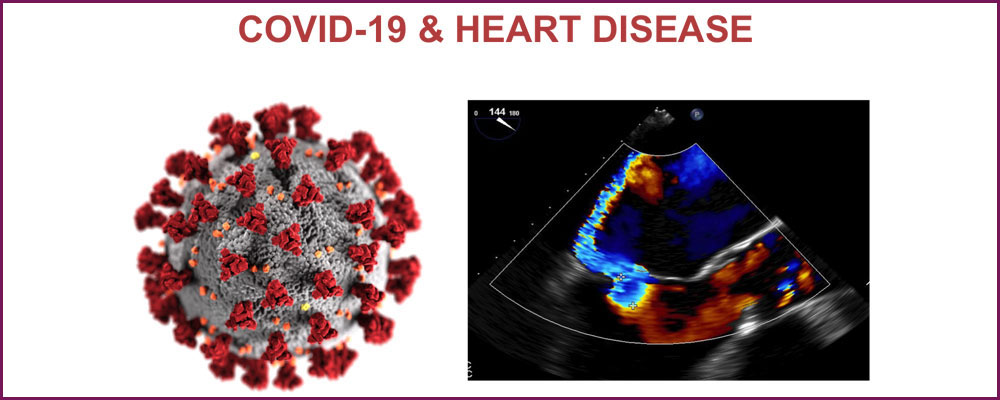Red meat and heart disease

Eating red meat daily triples heart disease-related chemical
By Padmakshi Singh:
Trimethylamine N-oxide (TMAO) is a dietary byproduct that is formed by gut bacteria during digestion. The chemical is derived in part from nutrients that are abundant in red meat. High saturated fat levels in red meat have long been known to contribute to heart disease, the leading cause of death in the United States. A growing number of studies have identified TMAO as another culprit.
TMAO enhances cholesterol deposits in the artery wall. Studies also suggest that the chemical interacts with platelets—blood cells that are responsible for normal clotting responses—to increase the risk for clot-related events such as heart attack and stroke.
A research team led by Dr. Stanley L. Hazen at the Cleveland Clinic enrolled 113 healthy men and women in a clinical trial. The participants were given three diets for a month in random order. All meals were prepared for them, with 25% of calories from protein. The dietary proteins came from either red meat, white meat, or non-meat sources.
Compared to people eating diets rich in white meat or plant-based protein, those who ate a diet rich in red meat had triple the levels of a chemical linked to heart disease. The findings suggest that measuring and targeting the chemical, called TMAO, may be a promising strategy for individualizing diets and helping to prevent heart disease.
Changing your diet has dramatic effect on levels of TMAO, which is increasingly linked to heart disease.
Current dietary recommendations encourage all ages to follow a heart-healthy eating plan that limits red meat and instead Eata variety of foods, including more vegetables, fruits, whole grains, low-fat dairy foods, and plant-based protein sources such as beans and peas.
References :
- Impact of chronic dietary red meat, white meat, or non-meat protein on trimethylamine N-oxide metabolism and renal excretion in healthy men and women. Wang Z, Bergeron N, Levison BS, Li XS, Chiu S, Jia X, Koeth RA, Li L, Wu Y, Tang WHW, Krauss RM, Hazen SL. Eur Heart J. 2018 Dec 10. doi: 10.1093/eurheartj/ehy799. PMID: 30535398.
- NIH Research Matters Editor: Harrison Wein, Ph.D. Assistant Editors: Erin Bryant and Tianna Hicklin, Ph.D. Accessed on 1/4/2020. It’s published by the Office of Communications and Public Liaison in the NIH Office of the Director.




